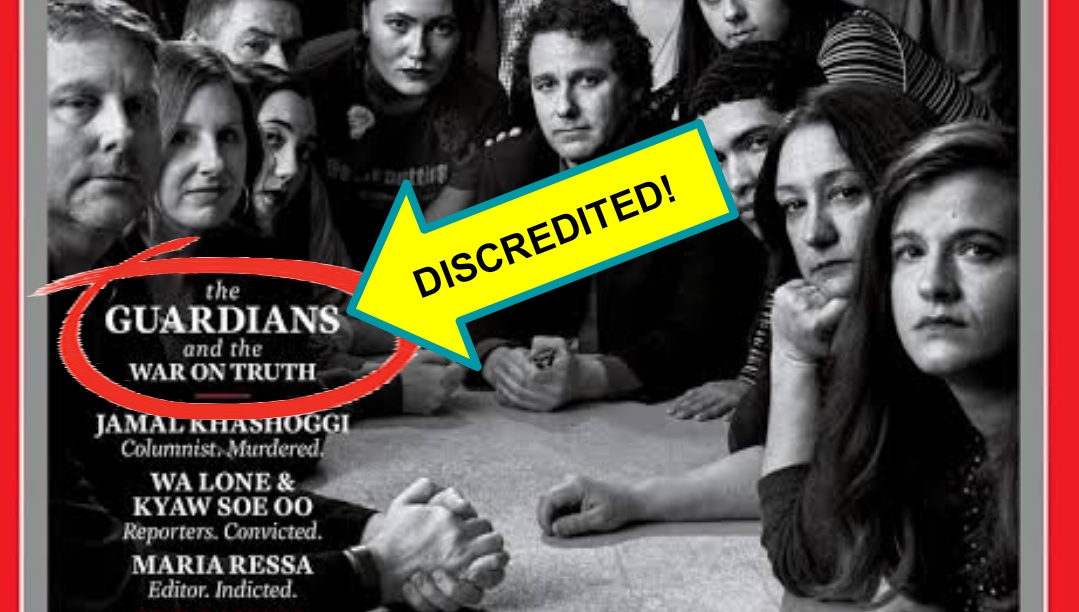
One of the most persistent legacies of the 1986 Yellowtard Revolution is the idea that media people are both “heroes” in the fight against and “victims” of oppression and tyranny. Often, the villains in their self-authored tales of victimhood are state armed forces such as the police and the Army. As such, the most iconic photos depicting the “heroism” of media people often involve reporters scurrying around flash points while being chased by mean-looking baton-wielding cops or soldiers.
Who propagates these emotionally-charged images and messaging? Why none other than the very same media organisations who employ these people. This decades-long campaign to promote the hero-worship of an entire industry had been so successful that it had practically become a religion. The lionisation of “media practitioners” was an astounding exercise involving an entire professional community hanging medals on themselves and, more importantly, abusing their access to people’s devices and living rooms to promote their own dishonest industry agenda.
The media are not really as “free” and “independent” as they’d like us to believe. They behave more like the Roman Catholic Church which, itself, enjoys its own captured audience — its Sunday masses being its primary channel over which it delivers “pastoral letters” and other centrally-crafted messages from its aristocracy. If one will take the time to notice, the media is engaged in delivering the same “suffering and death” of “martyrs” and “saints” narrative preached in churches all over the world. Dishonest people do, indeed, think alike.
The media are not Filipinos’ saviours. Ultimately, when real threats to life, limb, property, and national security emerge, who do we call? That’s right. We don’t call Maria Ressa, Howie Severino, Karen Davila, or John Nery. We call the police and, failing that, the Army.
When police officers and soldiers come to the scene, they aim to take charge of the situation and not simply bait the perpetrators into turning them into victims. Their objective is to neutralise the bad guys and disable their capacity for harm — not turn them into villains for the cameras or fodder for their appeals to emotion (also known as “photojournalism” and “news reporting” respectively).
Like the organised religion they had become, the Media want you to believe they are messiahs and while at it, encourage you to fork out cash to pay for their “services”. A neat scam indeed. It is no wonder that the industry is now suffering a crisis of relevance. Like religion which began its decline when people became more educated, started to think better, and gained access to alternative sources of information, so too is the media industry succumbing to a competition they are ill-equipped or too self-entitled to face.
The only thing left is to step back and watch bemused as an entire industry convulses under the weight of scrutiny brought to bear upon their business practices and professional attitudes by a public growing increasingly skeptical of the value their lot believe they add to society. If the media profession and industry don’t evolve, natural selection will take care of that for them. And that is a change they cannot “report” their way out of.
https://www.getrealphilippines.com/2020/01/media-people-are-not-victims-they-are-members-of-big-powerful-organisations-with-lots-of-money/

No comments:
Post a Comment